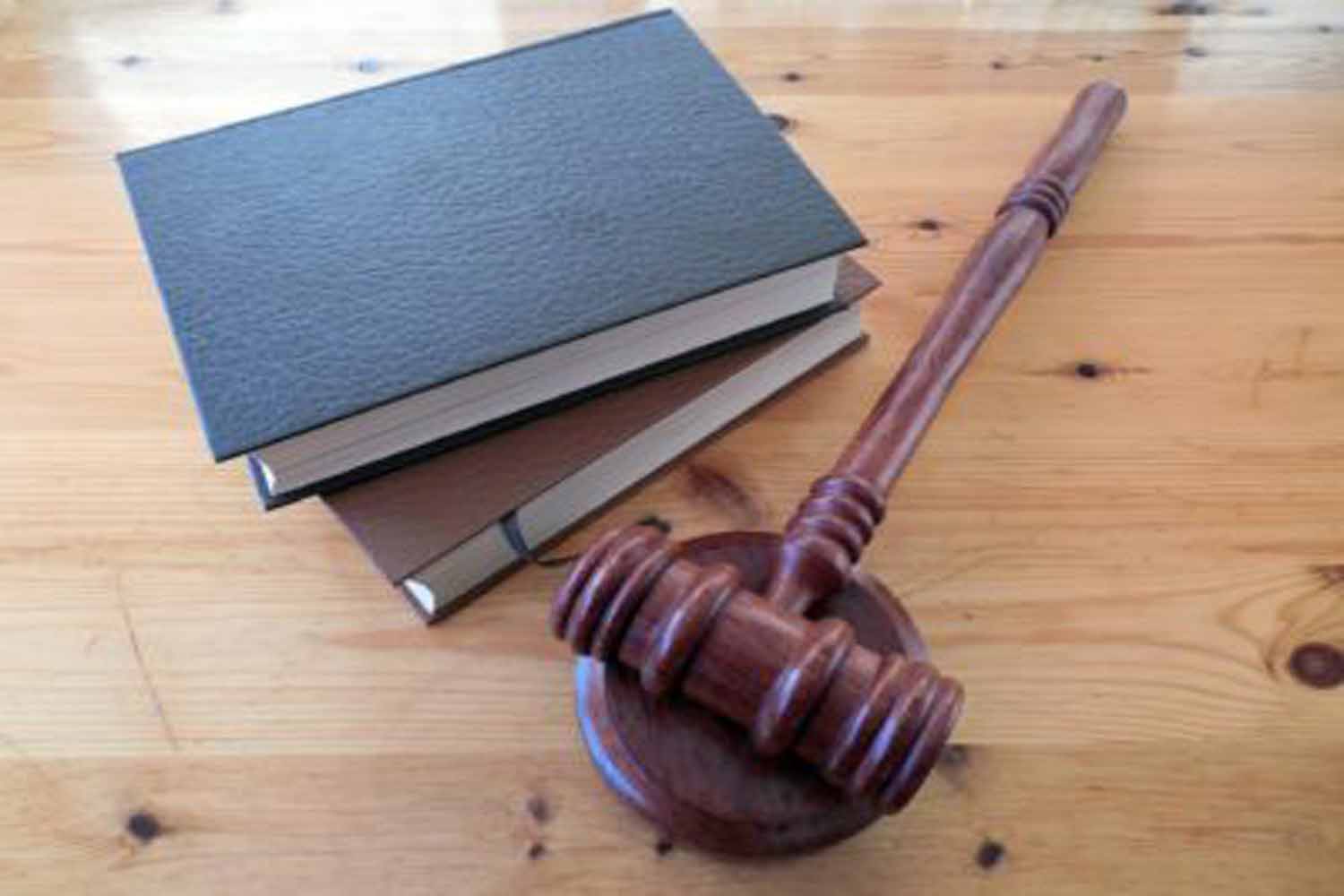
In Florida, recovery of attorneys’ fees in eminent domain and inverse condemnation proceedings is governed by Sections 73.091 and 73.092 of the Florida Statutes. Section 73.092 provides a mechanism for determining an award of attorney fees, based on the “benefits achieved for the client.” But, what if the state agency/condemning authority excessively litigated the case, such that the formulaic computation under that statute was unfair to the property owner? A recent Florida Supreme Court case addressed this issue. Joseph B. Doerr Trust v. Central Florida Expressway Authority.









